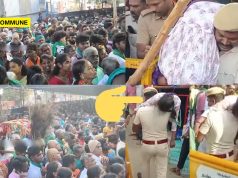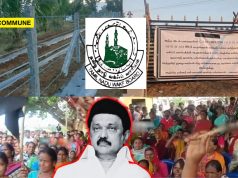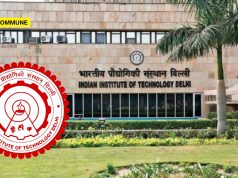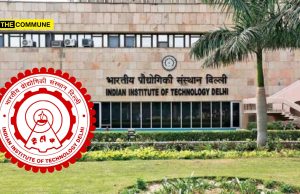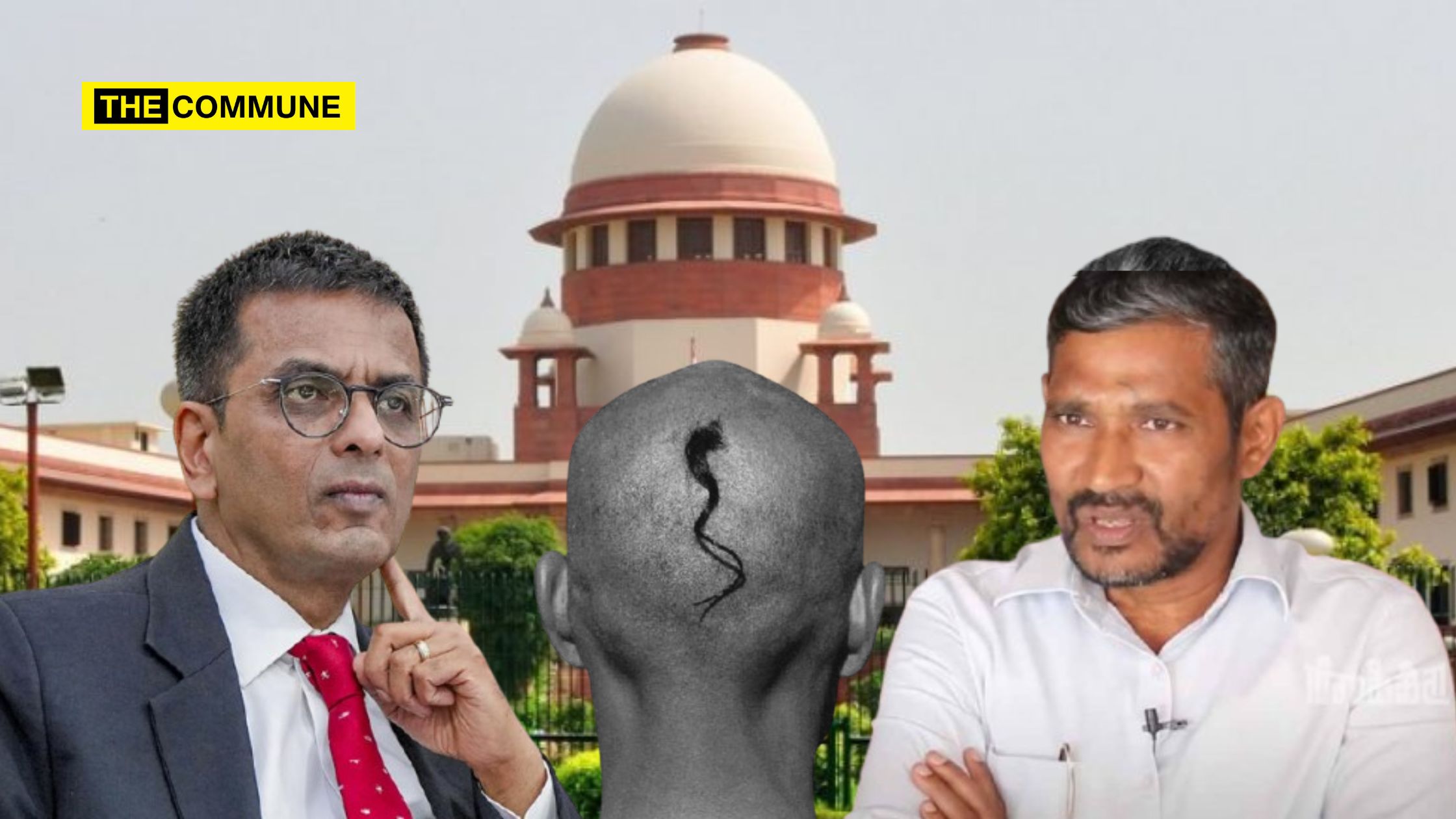
Vanni Arasu, the Deputy General Secretary of the Viduthalai Chiruthaigal Katchi (VCK), has once again stirred a controversy by making casteist remarks about the Supreme Court on social media, following the court’s order for a survey of the Shahi Jama Masjid in Uttar Pradesh. In a controversial post, Arasu described the Supreme Court as an “Uchikudimi Mandram”, a derogatory casteist reference to Supreme Court alleging it to be Brahmin-dominated and accusing the judiciary of bias.
Arasu’s outburst came after a series of legal developments surrounding the Places of Worship Act and ongoing disputes over the religious status of mosques and temples in India. He criticized the court for its handling of the Ram Janmabhoomi case, claiming that the Supreme Court had unjustly awarded the land to Hindu side. Arasu also drew parallels to the Gyanvapi and Shahi Idgah mosques, arguing that the Sanatana groups (aka Hindus) were using the courts to alter the religious character of places of worship.
The post has sparked outrage for its inflammatory rhetoric, with critics accusing Arasu of undermining the integrity of India’s judicial system while trying to inflame religious and caste-based tensions. His comments are seen as part of a broader attempt to stir communal sentiments under the guise of defending minority interests.
In a controversial post aimed to simp attention from minority Muslim groups in the state, Viduthalai Chiruthaigal Katchi (VCK) Deputy General Secretary Vanni Arasu took to his official X account on 25 November 2024, to state that, “Will Thiruvarangam and Tirupati be inspected? The court ordered an inspection of the mosque on the petition filed by a Hindu temple priest in the Chambal district court of UP, alleging that there was a Hindu temple at the site of the Shahi Jama Masjid. An inspection was also conducted last week. In this situation, when the Hindu side went to inspect again today, the Muslims opposed it. 5 Muslim youths were killed in the police firing to control the protest. The inspection was completed again in the mosque with police protection.”
Calling Hindus as terrorists, the INDI-ally VCK leader said, “The Babri Masjid was demolished by the Sanatana terrorist group in 1992. While Advani had organized a nationwide protest rally in 1990 and in response to the hate propaganda, the Prime Minister Narasimha Rao passed the ‘Places of Worship Act’ in Parliament in 1991, with exception to Ayodhya Babri Masjid issue.”
“The main sections 4 & 5 of the Places of Worship Act say. //4.(1) The religious character of a place of worship existing on 15th August 1947 shall continue to exist as it existed on that day 5. Nothing contained in this Act shall apply to the place or place of worship commonly known as the Ram Janmabhoomi Babri Masjid situated at Ayodhya in the state of Uttar Pradesh and to any suit, appeal or other proceeding in respect of that place or place//”, he added.
“A law was brought with a exception made for the Babri Masjid case. In 2019, the Supreme Court awarded the Babri Masjid land to the Sanatan terrorist group through Kattapanchayat (Kangaroo court). Recently retired Chief Justice Chandrachud had spoken at an event in his hometown in the state of Maharashtra a few days before that. He said that he had been struggling for 3 months to decide the Babri Masjid case and that he had sat in front of the idol of God and requested him to give a solution to the case himself. Even in such a judgment, the Places of Worship Act has been discussed in great detail. The law should not be used as a tool to correct the mistakes of history. The Supreme Court, has expressed the opinion that the Places of Worship Act was brought by the Parliament with the aim of protecting and strengthening one of the fundamental elements of the Indian Constitution, secularism.”, he further ranted.
“However, there was a temple in the Gyanavapi Masjid area next to the Kashi Vishwanath Temple. A case was filed in the Varanasi District Court seeking to declare the religious nature of the place as a temple. The court allowed an inspection to be conducted inside the mosque and for Hindus to worship in the specified area. The mosque’s side, which opposed this, was dismissed in the Allahabad High Court. It was said that the Places of Worship Act was not applicable here.” He further added.
“In the Uchikudimi (tuft of hair kept at the back of the head typically by Brahmins) Mandra appeal, Chief Justice Chandrachud refused to interfere with the Allahabad High Court verdict. The petitioner had asked for confirmation of the religious nature of a particular place of worship. He said that this was not against the Places of Worship Act, and determining religious nature would not change the religious nature of the place. Like the Gyanvapi Masjid in Varanasi, there is a case that the Shahi Idgah Masjid in Mathura is the birthplace of Krishna. Following Ayodhya, the RSS group’s next in line target is Kashi and Mathura.” He further added making defamatory remarks.
“The argument put forward by the Sanatana group, which is filing a case against Islamic places of worship, is that even if the idols of gods are removed from the place of worship, the place continues to be a temple. The religious nature of the place does not change.Sanatana has taken over Jain and Buddhist places of worship through violence. Revolutionary Ambedkar said that Indian history is the struggle between Buddhism and Brahminism. According to the Sanatana group, if we request to examine the religious nature of Thiruvarangam-Tirupathi, will the court accept it?”, he finally said.
திருவரங்கமும் திருப்பதியும் ஆய்வுக்கு வருமா?
உ.பி. சம்பல் மாவட்டத்தில் அமைந்துள்ள ஷாஹி ஜமா மசூதி இடத்தில் இந்து கோவில் இருந்ததாக சம்பல் மாவட்ட நீதிமன்றத்தில் இந்து கோவில் பூசாரி ஒருவர் தாக்கல் செய்த மனுவில், மசூதியை ஆய்வு செய்வதற்கு நீதிமன்றம் உத்தரவிட்டது. கடந்த வாரம் ஆய்வும்… pic.twitter.com/TRS5WSotkl
— வன்னி அரசு (@VanniKural) November 25, 2024
(Archived Post – Vanni Arasu)
Subscribe to our channels on Telegram, WhatsApp, and Instagram and get the best stories of the day delivered to you personally.

